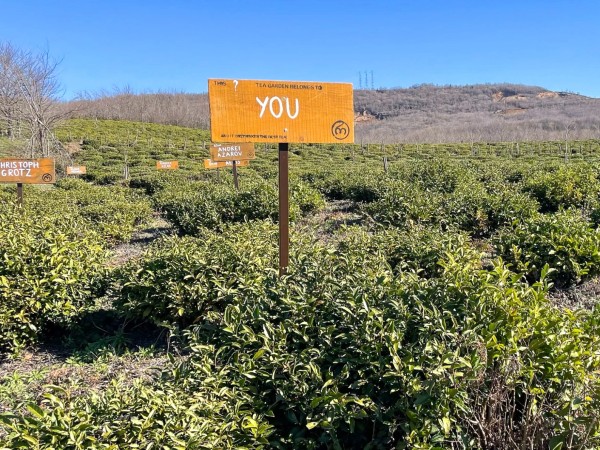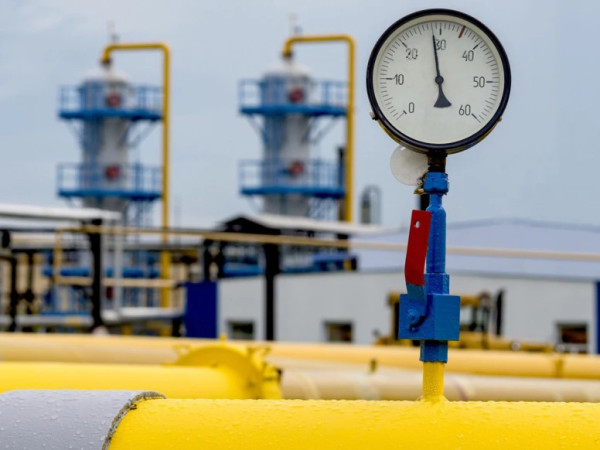Since 2017, Estonian investor Hannes Saarpuu produces different types of Georgian tea in Imereti Region and exports them on the global market. The company Renegade Tea Estate owns three plantations in Tkibuli and Tskaltubo and employes dozens of locals during the summer season. Bm.ge decided to interview the founder of the company Mr. Saarpuu who speaks about their achievements on Georgian market and future plans.
Mr. Saarpuu, why did you choose this country for starting the business?
I think there were many factors for us, both rational and also emotional. It started with the program „Georgian Tea“ that the government launched some years ago. It aimed at rehabilitating some of the old abandoned tea plantations. We found out about it by accident and were initially just intrigued and surprised that there are so many abandoned plantations in Georgia. But when we started to analyze the global tea market, we thought that we might have a business opportunity here – to introduce the organic Georgian tea to the EU and US markets, straight from the farm. But the idea is just the starting point. What finally brought us here, is the support and positive attitude we got from different people and organizations in Georgia. Everyone, starting from the Georgian Embassy in Estonia, ARDA, Ministry of Agriculture, Municipalities, Governor offices were supportive and proved that Georgia’s high positions in different business rankings are not just words.
What was the volume of you first investments?
Our total investments into the project so far amount to more than 2 million GEL, split between Georgia and Estonia. We have the production company in Georgia and as our main markets are in EU and North America, then we have our distribution and sales company set up in Estonia. Most of our tea we sell directly to the customers in our e-shop and it would be very difficult to organize the direct shipping from Georgia. First of all, the shipping rates from Georgia are much higher than they are within EU and also the custom regulations are an issue. So we have solved the problem in a way, that we first send all the tea to Estonia and then deliver it to the customers from there.
How would you assess business environment in Georgia?
As I already told, it was very easy to set up the business and we have had mostly very positive experiences with local institutions. Regulations are mostly straight forward and not excessive. What is however sometimes challenge, is the overall development of the service sector and availability of high quality goods and services on local market, especially, if we talk about the regions. Just to bring you an example – sending 500g package from Kutaisi to Istanbul cost us twice as much as sending it from Estonia to Istanbul. Does that make sense? Or another one - we are using commercial label printer to print stickers for our packages. When we took the offer for a new printer in Georgia and in Estonia, the price in Georgia was 40% more expensive. Is it the lack of competition or something else, I don't really know.
What is the volume of your production?
In 2020 our production was around one tone of dried tea. Our planned figure for this year was slightly higher, but the very high average temperatures we experienced in July had a negative impact on the productivity of the plantations. In general, our plantations are still very immature after the rehabilitation and we expect our volumes to more than triple in 2021 season.
What kind of tea you produce?
We produce most types of tea – black, green, oolong, white. Also, each type we produce in different versions, so all together we had almost 20 different teas in our production this year. We expect this number to stay between 15-20 every year.
Tell us about those countries, you export your product from Georgia?
The volume of exported tea? We export about 95% of our production at this point. Our biggest markets are Estonia, USA, Germany and France, but we have sold high quality Georgian tea to more than 30 different countries from New Zealand to Brazil.
How many people do you employ?
Our work is seasonal. In summer we had some months more than 50 workers, in the winter it will be 8-10.
What about your future plans?
Our vision has never been just to produce the tea. Where we see the real opportunity is to combination of tea production with agro tourism and different added value products – ready to drink teas, honey from the plantations etc. Things that help us to provide our customers the experience, that they have „their own tea farm“ in Georgia, where they can source organic high quality products with a personal touch. It's a long term project and long term vision for us. Of course international travel took a big hit in 2020 and it takes a while for it to recover, but we are firm believers of Georgian tourism potential. In a long run one year is just one year. Over the next 3 years we plan to invest another 1 million GEL into our Georgian operations to expand our product portfolio and improve infrastructure at our plantations.















